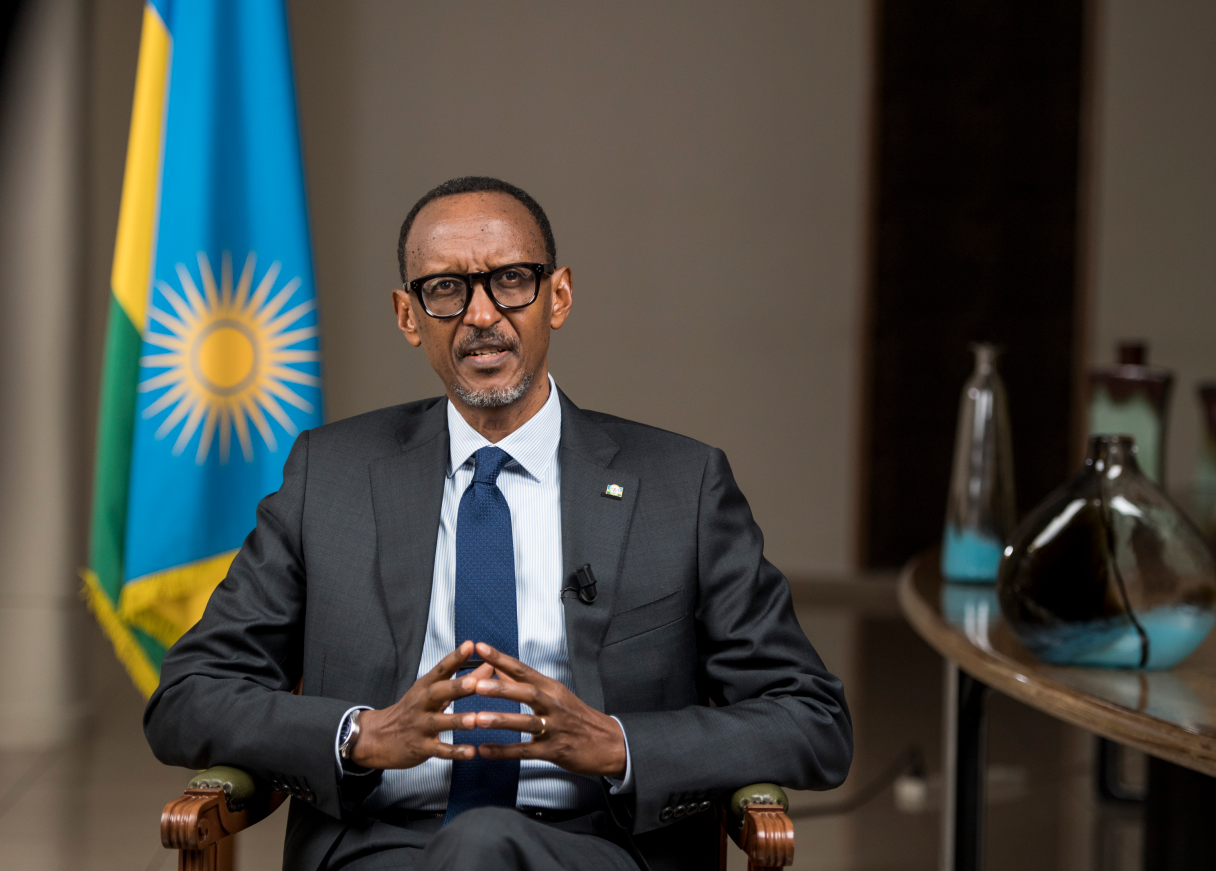
Rwanda has officially received its first group of seven deportees from the United States, marking the start of its agreement with Washington to take in up to 250 migrants.
- Rwanda received its first group of seven deportees from the U.S., initiating a resettlement agreement.
- The migrants, not Rwandan citizens, were vetted under a bilateral framework allowing Kigali to approve entries.
- The U.S. also sent deportees to South Sudan and Eswatini, as part of broader migration network agreements.
- Concerns arose over the ethical implications of externalizing U.S. migration issues onto smaller African nations.
With their arrival, Rwanda became the third African nation after South Sudan and Eswatini, to accept deportees under President Donald Trump’s new “third-country” migration framework.
Government spokesperson Yolande Makolo confirmed the arrival of the seven individuals, none of whom are Rwandan citizens, in a statement to AFP.
She noted that each case had been vetted under the bilateral agreement, which allows Kigali to review and approve migrants before granting entry.
Makolo added that three of the individuals have expressed a desire to return to their countries of origin, while four have opted to remain in Rwanda to start new lives.
“The first group of seven vetted migrants arrived in Rwanda in mid-August… Three of the individuals have expressed a desire to return to their home countries, while four wish to stay and build lives in Rwanda,” Makolo said.
The first arrivals are currently hosted by an international organisation, with oversight from the International Organisation for Migration and Rwanda’s social services.
Officials emphasized that the arrangement is both humanitarian and strategic, reflecting Kigali’s evolving partnership with Washington at a time of heightened U.S. migration enforcement.

US third-country deportations expand in Africa
Rwanda earlier agreed to accept about 250 deported migrants from the United States under a “third-country” resettlement framework.
But Rwanda is not alone in this arrangement. The U.S. has already deported eight men described as convicted violent criminals, to South Sudan, following a Supreme Court order. Shortly afterward, another five were sent to Eswatini, detained in solitary confinement under heavily controlled conditions.
Most recently, Uganda confirmed its participation by signing an agreement to accept certain third-country nationals rejected by the U.S. asylum system, provided they have no criminal records and are not unaccompanied minors.
Together, these agreements form a growing network of U.S. deportation destinations in Africa and for Rwanda, South Sudan, Eswatini, and Uganda, the arrangements represent evolving engagement with Washington driven by political, diplomatic, and perhaps economic considerations.
Human rights organizations, however, have raised concerns about the precedent being set. Critics argue that the deal externalizes U.S. migration responsibilities onto smaller African states, with limited oversight on the conditions of those resettled.












